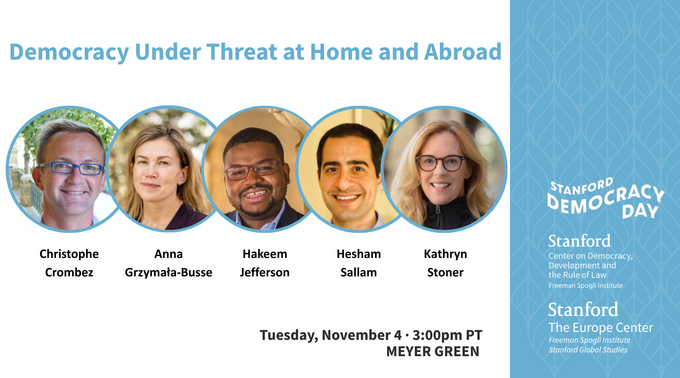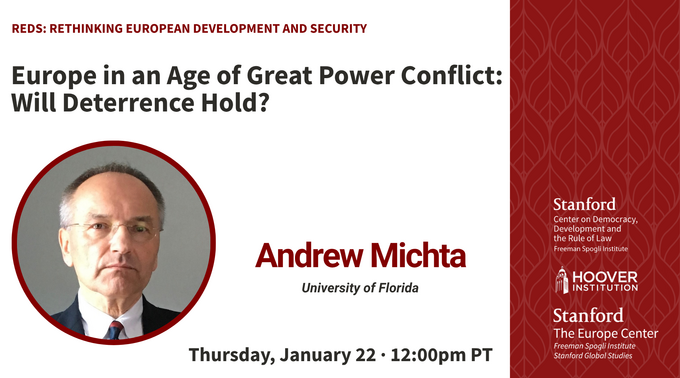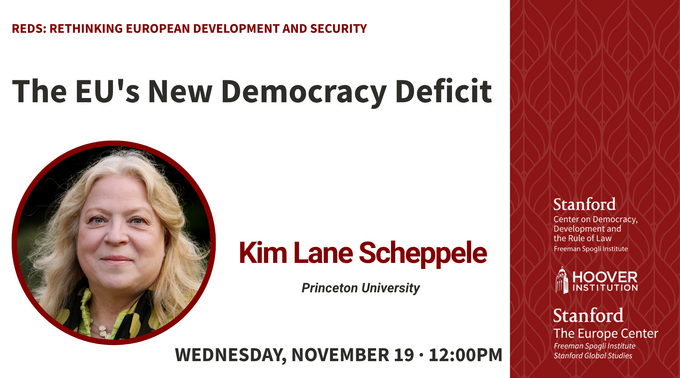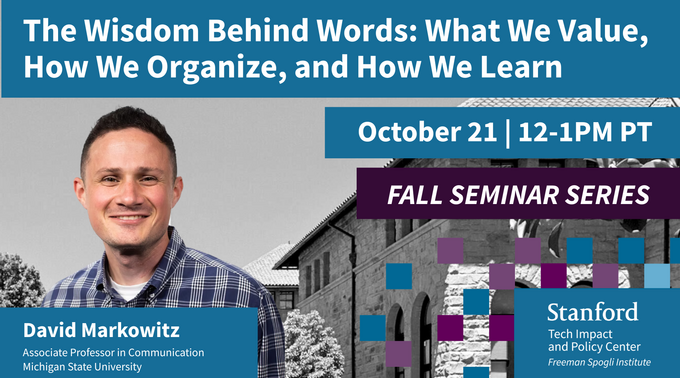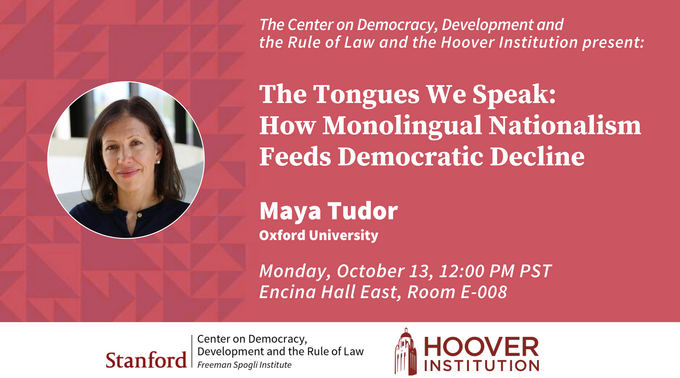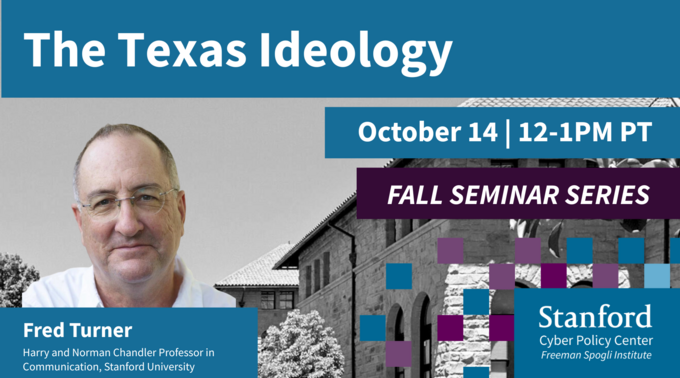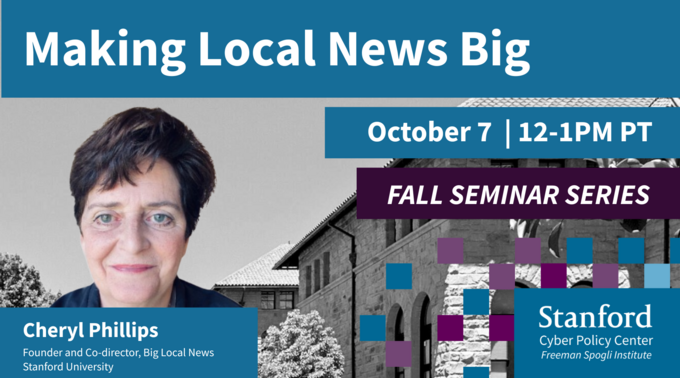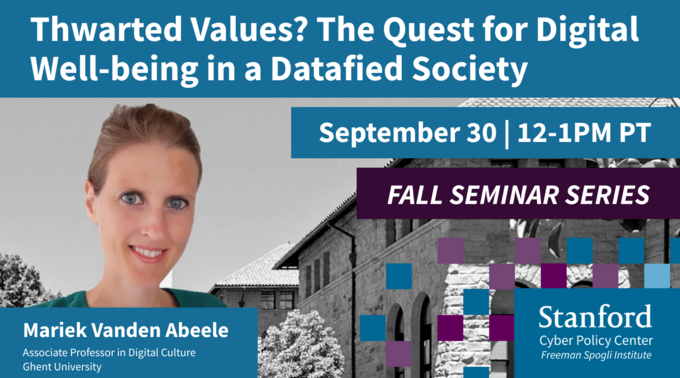Jonne Kamphorst | The Left Misunderstood: How Voters' Perceptions of What Matters to the Left Benefit the Right

Why do low-income, lower-educated voters vote against their economic interests by supporting conservative and radical right parties and candidates? I propose a new explanation arguing that these voters' misperceptions of the policy priorities of economically progressive parties drive them to parties on the right. In two population surveys in the Netherlands and Unites States, I show that many low-income, lower-educated voters believe that economic issues are not a policy priority for the left, and that holding such perceptions influences vote intention for the left. Using `prior-updating' survey experiments, I test the effect of presenting voters with the actual policy priorities of the (Social) Democrats, as measured in an original survey with Dutch politicians and based on US House roll calls. The results indicate that updating misperceptions of the salience of economic issues to the left can significantly alter voting patterns.
Jonne Kamphorst is a Postdoctoral Scholar at Stanford University’s Politics and Social Change Lab and the Human-Centered Artificial Intelligence Institute. He received his Ph.D. in Political Science from the European University Institute (EUI) in 2023. In January 2026, he will join Sciences Po in Paris as an Assistant Professor of Political Science and Quantitative Social Science Methods.
His research focuses on the politics and societies of advanced democracies, lying at the intersection of comparative politics and political behavior. Two questions guide his research agenda: (1) What are the origins of contemporary political divisions? and (2) How can democracy be strengthened by re-engaging voters and bridging political divides? He explores these questions using quantitative methods that employ an experimental logic, including field and survey experiments, causal inference, and novel computational approaches leveraging large language models. Alongside his substantive research, he studies the use of large language models in social-scientific research methods. His work has been published in PNAS, the American Political Science Review, and the Journal of Politics, among other outlets.

